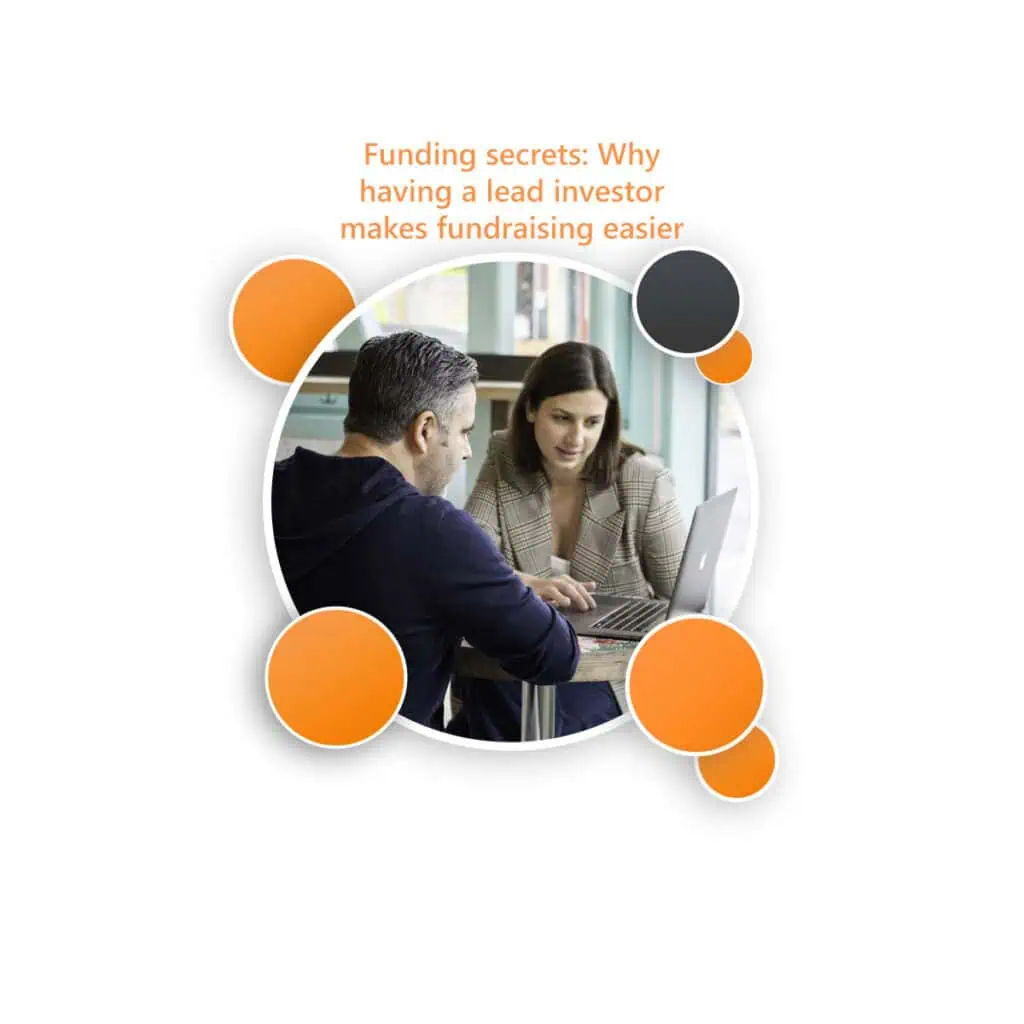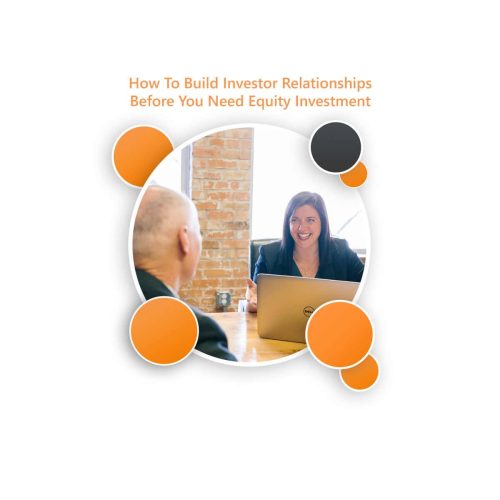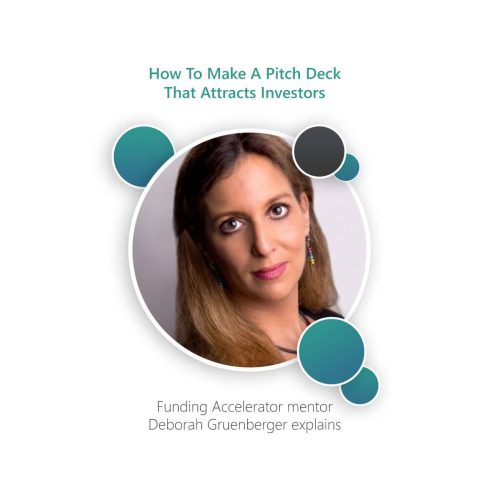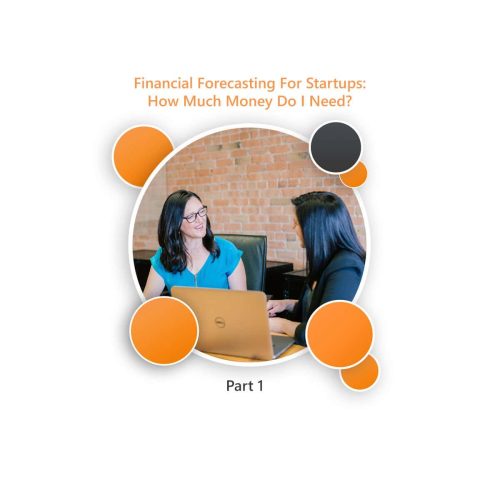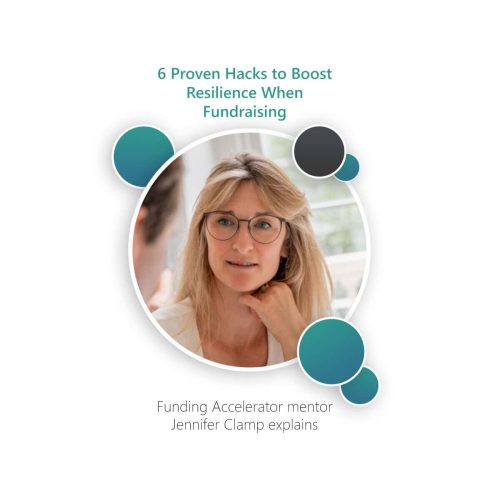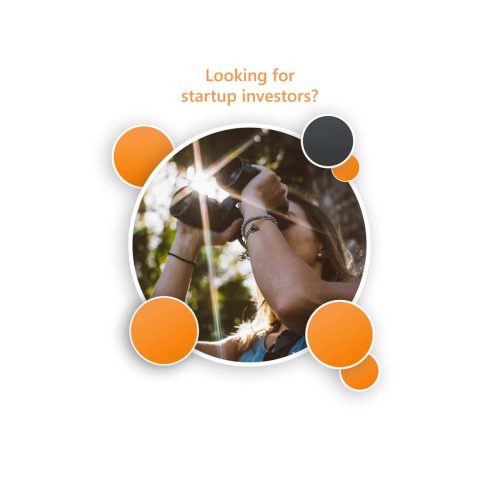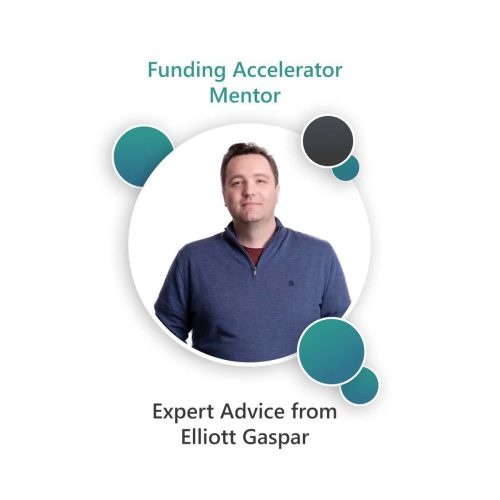Securing a “lead” investor can often set off a domino effect, and be the catalyst you need to secure the remaining funds of your investment round. But if you haven’t secured one yet, you may feel like you’re in a catch-22 scenario: with potential business investors insisting on a lead investor before committing – but you’re struggling to secure that pivotal first investor.
But why do business investors care so much about whether a company has a lead investor secured?
There are a few reasons why:
- It Boosts Confidence: It shows that another investor has vetted the investment opportunity and deemed it a viable one.
- It Shows Credibility: The business investors within the Focused for Business network, often say they like to see external validation of the business they are investing in, and having a lead investor secured does just that.
- Saves Time and Resources: Business investors understand that having a lead investor in place will save them time in the long run as the lead investor will take the lead on due diligence and term sheet negotiations, saving time for investors who join the deal later on.
The Role of a Lead Investor
A common misconception is that a lead investor is the individual that commits the most money to a funding round. Whilst this is sometimes true, it’s not always the case. A lead investor will always invest some money in the business in return for an equity stake, but money isn’t the only thing a lead investor brings to the table, they will also:
- Commit early – Lead investors often commit early in the fundraising process and this early commitment acts as a positive signal to other business investors that the startup is worth investing in.
- Take an active role in due diligence – As they are the first to commit, a lead investor often takes charge of the due diligence of the startup, particularly in early-stage funding rounds. They will assess the start-ups financials, market potential, and the capabilities of the team to evaluate the investment’s risks and its opportunities!
- Negotiate deal terms – Lead investors lead investments. So they will take a significant role in negotiating the terms of the investment (as outlined in a Term Sheet), for all the parties involved. They will help negotiate valuation, equity ownership, governance, and any liquidation preferences.
- Streamline communications – A key – and often overlooked – role of a lead investor is that they will help facilitate communications between the founders and the rest of the business investors. They often act as a central point of contact, and will answer questions, provide updates, and facilitate discussions between all the parties. This helps information to flow smoothly so the fundraising process progresses efficiently.
How a Lead Investor Adds Value
A lead investor will commit funds, but aside from the money they can also add value in other ways, so it’s worth considering these when deciding who your lead investor will be.

Reputation
Many businesses will often seek out a specific lead investor based on their reputation, and the doors it will open for their business. There are probably a couple of well-known individuals in the industry your business operates in that you would love to be associated with your business, based on their experience. Targeting these people to become a lead investor is strategic as having them associated with your business will speak volumes to your industry and will likely help accelerate the growth of your business.
Sector Expertise
Having a lead investor involved with your business who has deep industry expertise and domain knowledge can be a major bonus to your business. Not only for the insights and advice they will be able to give the founders, but also because they will really “get” the market, understand the challenges and opportunities in it, and be able to communicate those clearly to other business investors.
Connections
Business investors tend to be well connected, and operate in the same circles as other investors, which means they are likely to share their investment opportunities with those people. Whether they do this formally via a syndicate or angel network, or informally, to their friends and family it could be just the catalyst you need to reach your funding goals. Many of the businesses that have graduated from our Funding Accelerator and closed their investment rounds have shared that their lead investor was pivotal in getting other investors onboard.
Top Tips for Finding a Lead Investor
Finding and securing a lead investor is one of the key challenges we help founders overcome at Focused For Business.
There are a couple of approaches you can take to finding a lead business investor. The first is networking. Networking is critical to finding investors and we recently shared our tips to network successfully with investors. It’s important to tap into networks you’re already part of and people you’re already connected to, to get introductions to investors. Personal recommendations significantly increase the likelihood of getting a first meeting, so asking people to introduce you to investors is highly recommended. Industry events and investor pitch events are other good ways to meet investors.
Another approach to finding a lead business investor is to use a data-driven approach. Databases such as MarktoMarket, Ship Shape or Scribelabs.ai provide insights into who has invested into companies within certain industries recently, and using these sort of analysis tools can help to identify individuals who are investing regularly, and fit the criteria of your ideal lead investor.
The role of a lead investor in the fundraising journey cannot be overstated. They help to provide credibility and validation of the investment opportunity and also help to negotiate the most favourable terms for both founders and other investors. A good lead investor will also help the fundraising process move smoothly and swiftly! As a founder looking for investment it’s super important that you employ targeted strategies to find them, to make the fundraising process easier.
Want to learn more about how to find business investors? Read our step-by-step guide.
Looking to create your Target Investor Profile and build a “Hit List” of Business Investors? Join the Focused for Business Funding Accelerator.
- Founders’ Negotiation Tactics: How To Secure The Best Startup Valuation - May 12, 2025
- How To Master Your Sales Lifecycle: Close Deals Faster And Smarter - April 30, 2025
- How To Maximise Your Business Valuation And Attract Investors - April 7, 2025

